A few words from…
Roald Lappere, the Vice Minister for the Environment, Netherlands Ministry of Infrastracture and Water Management.
As a vice minister in the department for infrastructure for transport, for environment, of course, and water, my main task is actually to ensure that all those subjects are actually aligned with each other.
Many people might think that transportation and infrastructure is something different than environmentally friendly approaches.
But I believe they really should go hand in hand.
We need to decarbonize transport to ensure that climate change is being halted and that air quality is improved.
How do you feel about electrification?
I’m actually quite excited about electrification of the transport sector.
It is crucially important since the transport sector is responsible for 25% of all CO2 emissions.
So we really need to decarbonize. And of course, electrification is one of the most important ways of decarbonizing the transport sector.
And at the same time, there’s more of course, than just electrification. We believe it should also be added with, for example, other solutions including hydrogen and ensuring that also heavy transport is being decarbonized.
What are the best practices you could address to cities?
One example is what we call a vehicle to grid project in one of our major cities in Utrecht, it’s a city with about 350,000 inhabitants.
They are experimenting with a system where electric vehicles can recharge the grid basically and especially at peak hours.
So this would lead to a situation, for example, where you return from work, for example with your electric car and at a peak hour the car actually, the electricity from the car is being used in your household. And then when you go to sleep at night, the car is being recharged again.
The second example I would like to mention is one for example, we see in Amsterdam, and that is about mobility as a service. What we see as the future, especially in cities is that you would actually, when you are at a certain place in the city and you want to go somewhere else, that through data you are guided, not just the best route but the best environmentally friendly route including different modalities. And you don’t have to be looking for those modalities yourself, but you have a system where you’re shown how the best combination of modalities brings you to your destination.
What are the 3 major trends you see in mobility?
The three major trends I see are green mobility, smart mobility, and urban mobility.
Green mobility is, of course, all about decarbonizing and ensuring that the environmental effects of mobility are as limited as possible.
Of course, the second one, smart mobility, is about using data to ensure that the most environmentally friendly way of transport is being used and data can play a very important role in doing so.
The third one is about urban mobility, and here we promote the so called 10-minute city which means that everything you do be going to school, going to the office, going to the gym is within ten minutes of your house. And this is, of course, ten minutes by foot, or by bike, and not by car.

